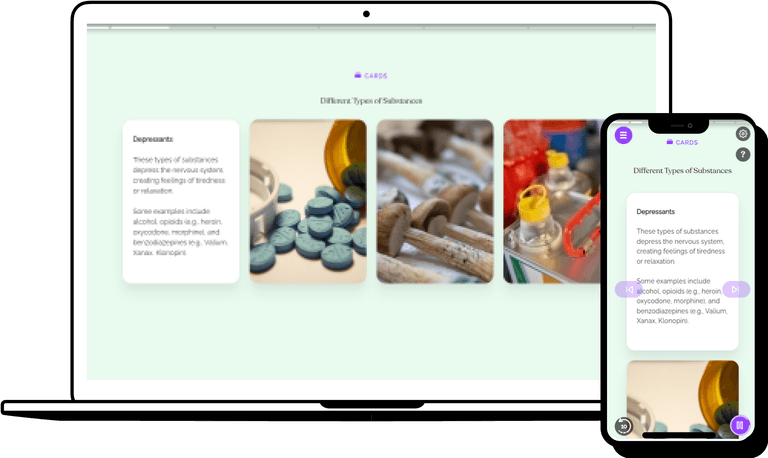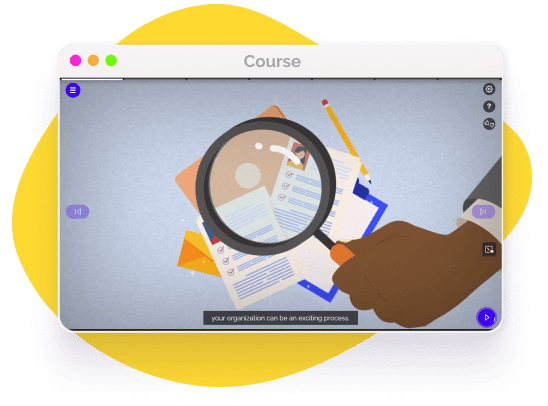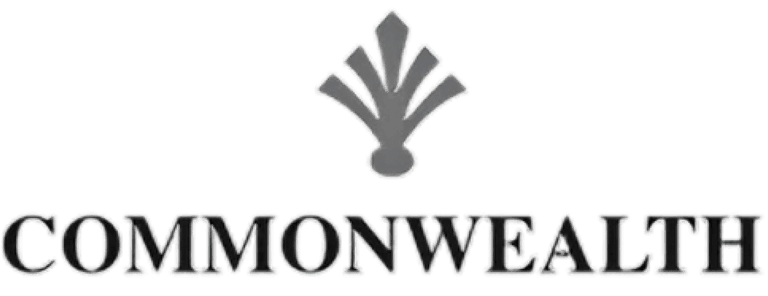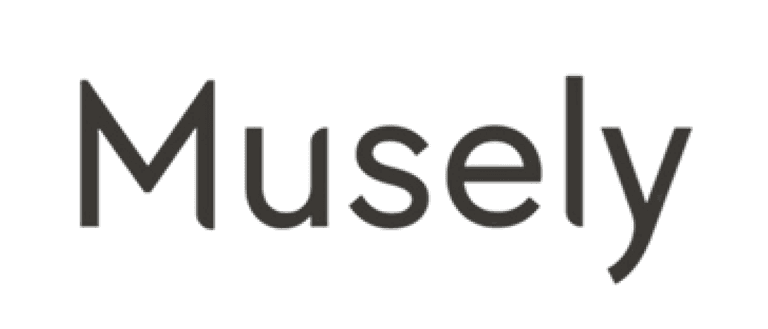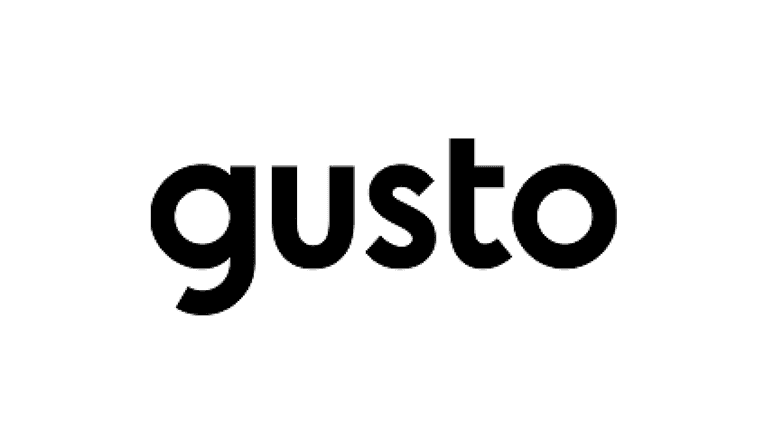Decision-Making Framework
Explore the concept of decision-making frameworks, their significance, and how they can be applied in various contexts to streamline the decision-making process.

Understanding Decision-Making Frameworks
Decision-making frameworks are systematic tools designed to guide the decision-maker through a series of steps, ensuring that all relevant factors are considered before arriving at a conclusion. These frameworks offer a structured approach to decision-making, reducing the risk of overlooking critical information or making impulsive choices.
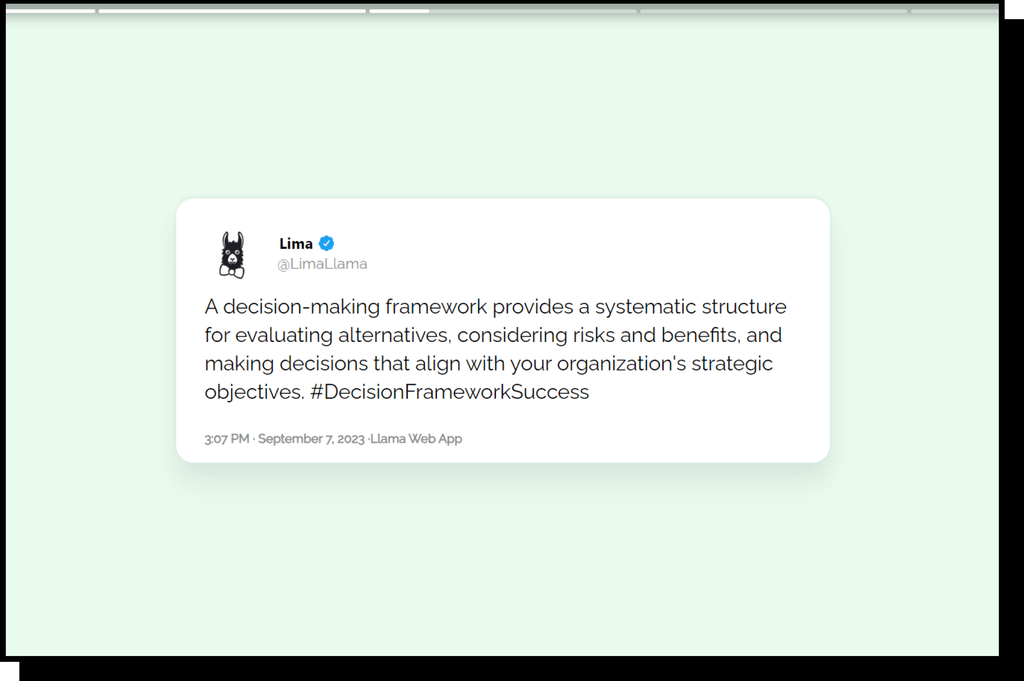
A well-structured decision-making framework is composed of several critical components, each serving a unique purpose in guiding the decision-making process. In this section, we'll explore the essential elements that make up a comprehensive decision-making framework.
Once you have your set of alternatives, the next step is to assess and score each option based on the identified criteria. We'll discuss the development of a scoring system that assigns values or weights to criteria. This system aids in the objective evaluation of each alternative's suitability.
Effective decision-making often involves exploring multiple potential solutions or choices. We'll explore techniques for brainstorming and creating a diverse range of alternatives. The goal is to ensure that you have a comprehensive set of options to consider.
The first step in creating a decision-making framework is identifying the criteria that matter most for the decision at hand. These criteria serve as the yardstick against which potential options are measured.

Applying Decision-Making Frameworks
Applying decision-making frameworks is a structured approach to tackling complex choices in both personal and professional contexts. These frameworks provide a systematic way to assess options, evaluate risks, and weigh consequences, ultimately leading to informed and strategic decisions. By incorporating established models like cost-benefit analysis, SWOT analysis, or ethical decision-making frameworks, individuals and organizations can navigate ambiguity, reduce biases, and make choices that align with their objectives and values.
Benefits of Using Decision-Making Frameworks
Implementing a decision-making framework offers numerous advantages, including increased clarity, consistency, and better outcomes. Let's explore the benefits of incorporating decision-making frameworks into your decision-making process.
Here are some myths to look out for:
- -
Improved Decision Quality
- -
Enhanced Transparency
- -
Reduced Cognitive Bias
- -
Streamlined Decision-Making
- -
Accountability and Documentation

Master Decision-Making Frameworks with EasyLlama
Ready to become a decision-making pro? EasyLlama's comprehensive course on decision-making frameworks empowers you with the knowledge and skills to navigate decisions with confidence and precision. Enroll now to unlock the full potential of decision-making frameworks and elevate your decision-making abilities to new heights.
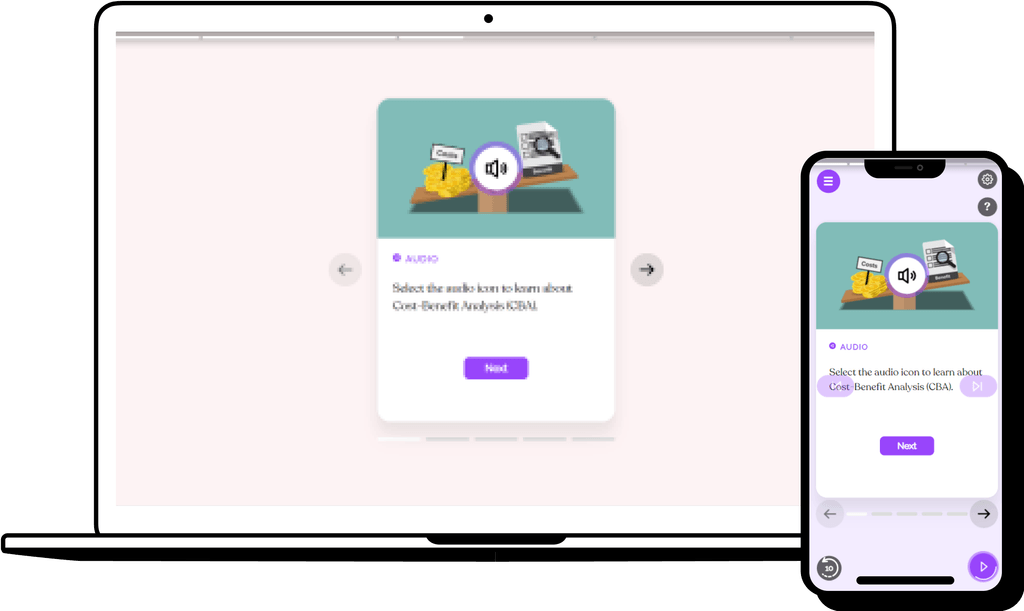
Helping over 8,000 organizations create a safer, more productive workplace
Empower your team with the skills and insights necessary to make informed and effective decisions. This course encompasses:


